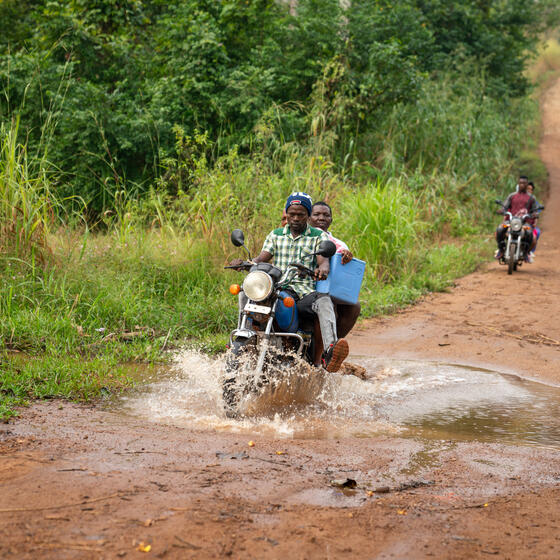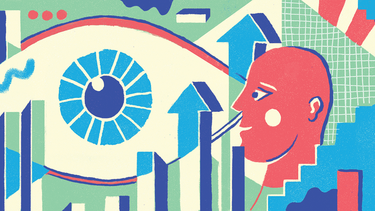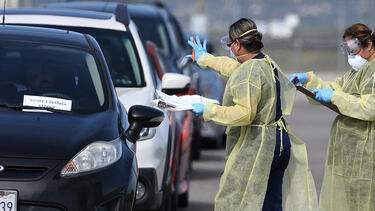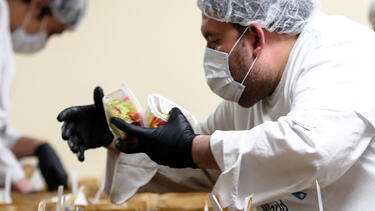COVID19
Going the Last Mile (with Evidence)
A study by Yale’s Mushfiq Mobarak and his colleagues found that nurses on motorbikes with vaccine-stocked coolers could help increase vaccination rates in rural Sierra Leone, showing that it is possible to get health interventions to the most remote and under-resourced areas cost-effectively, in ways that help ensure that the interventions are taken up and used.

A Vast Experiment in Remote Work
Scott Wharton ’95, who leads Logitech’s video collaboration group, sees far-reaching and sustained changes from the remote work explosion forced on us by the pandemic.

Investing in Vietnam’s Future
Venture capitalist Eddie Thai ’12 says that the pandemic is doing economic damage to Vietnam’s globalization-driven tech sector, even as some companies in his portfolio see their valuations grow.

Manage Your Team with Empathy
Laszlo Bock ’99, CEO of Humu, says that right now, checking in on how your team members are doing is is the most important thing you can to keep your organization productive.

Faculty Viewpoints: The Public Health Response
In an online discussion, Yale faculty members discussed what’s missing from the public health response to COVID-19 and offered visions of the post-pandemic world.

Faculty Viewpoints: The Macroeconomic Outlook
In an online event hosted by Yale SOM’s Economic Development Club, Peter Schott and Lorenzo Caliendo, both professors of economics at Yale SOM, walked through some of the macroeconomic implications of the COVID-19 pandemic.

Don’t Stop Investing in Philanthropic Goals
We asked Teresa Chahine, an expert in social entrepreneurship and public health, how philanthropies and donors can respond to the turmoil caused by COVID-19 while keeping their long-term goals in mind.

Can Big Data Fight a Pandemic?
The COVID-19 crisis has intensified the debate over big data and privacy. Governments are pulling together data from public and private systems in order to predict and counter the spread of COVID-19. But setting aside privacy protections in a time of crisis could lead to new, permanent norms.

Time to Put on a Mask
A team of Yale researchers says we should all be wearing cloth masks, but give the surgical masks to healthcare workers.

Responding to COVID-19 in the Developing World
The mass social distancing strategy being used to mitigate the spread of COVID-19 in the United States and Europe doesn’t easily translate to a developing country like Bangladesh, which lacks the capacity to impose restrictions or provide a social safety net for the unemployed.

When Corporate Acquisitions Affect Healthcare
Companies often purchase competitors, not to acquire their ideas and products, but to shut them down. A recent report raised questions about whether such an acquisition may be partially responsible for a shortage of ventilators in the United States.
